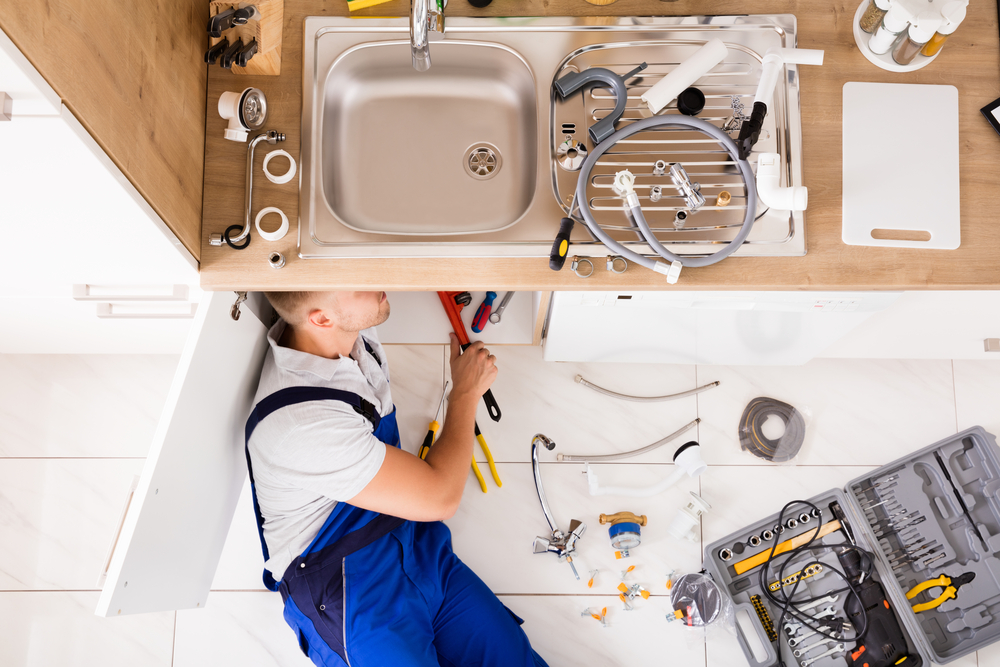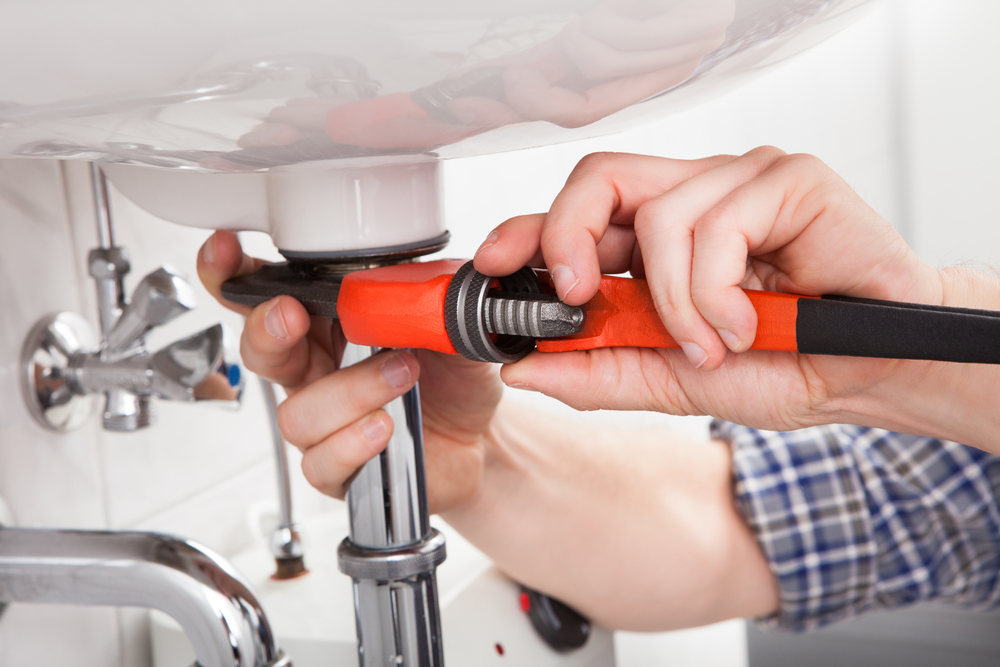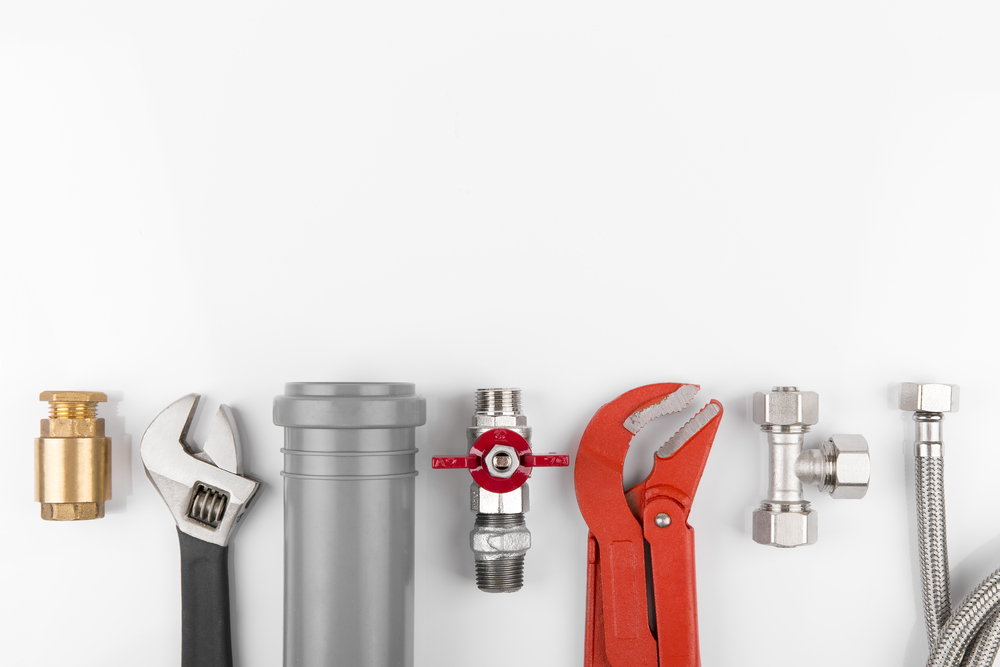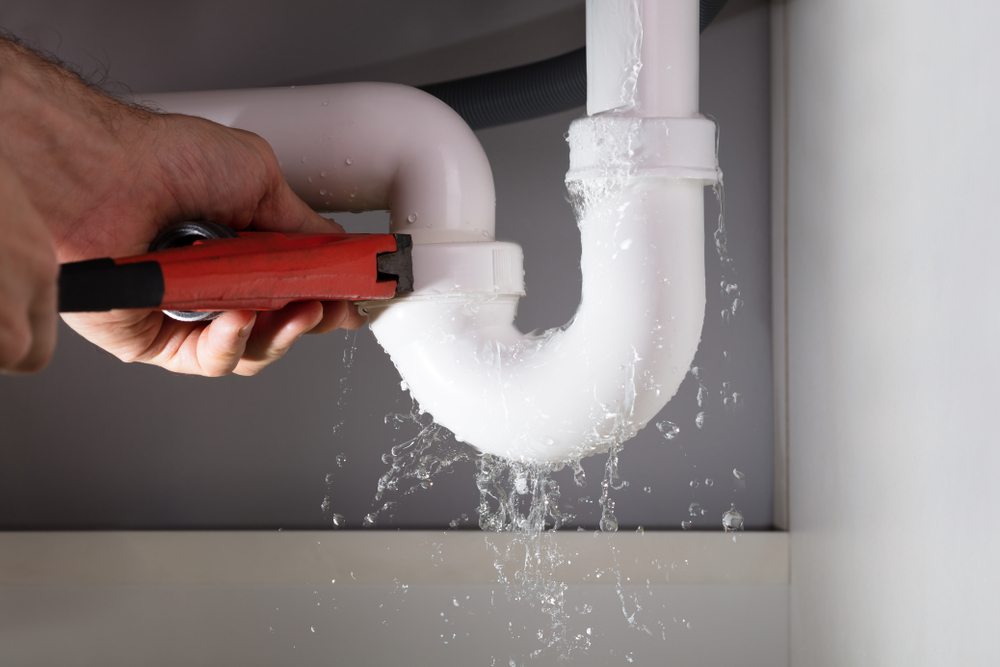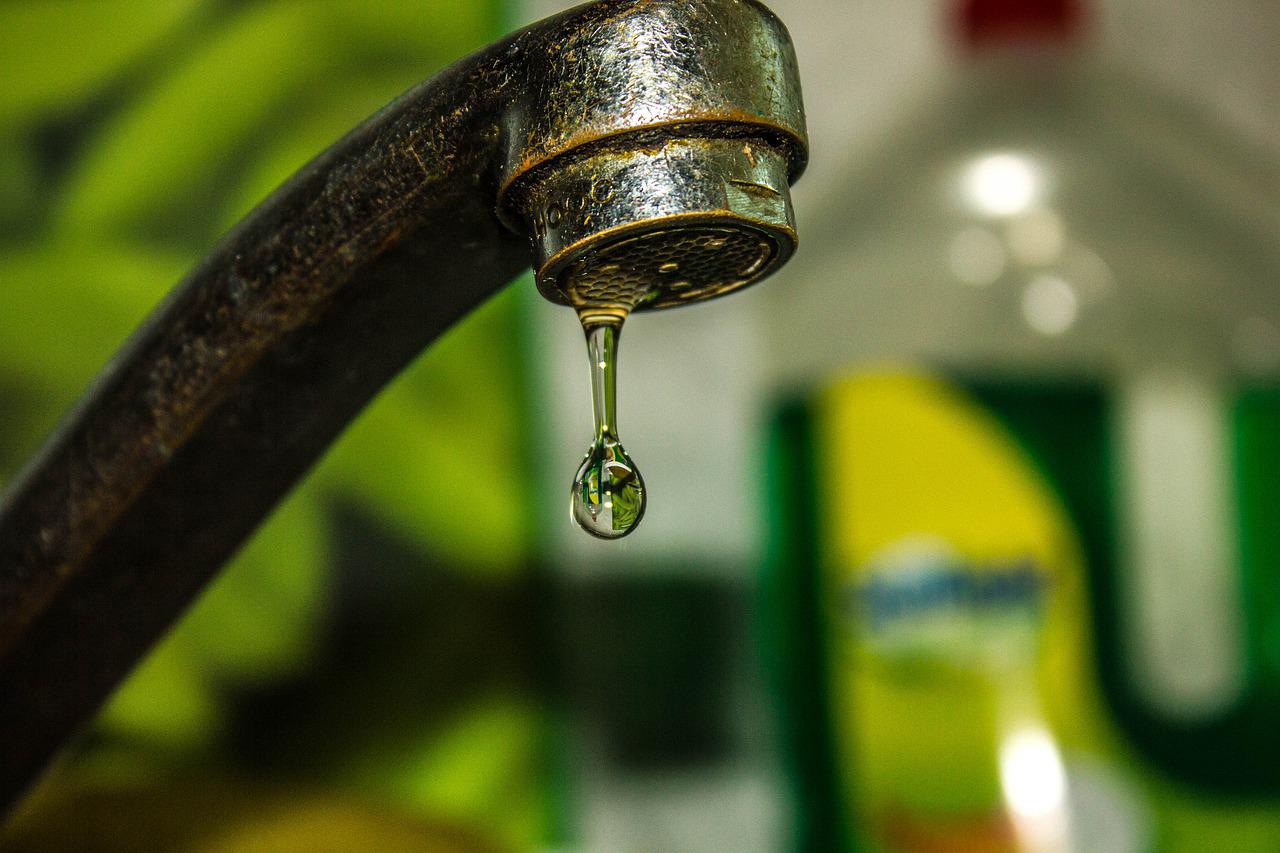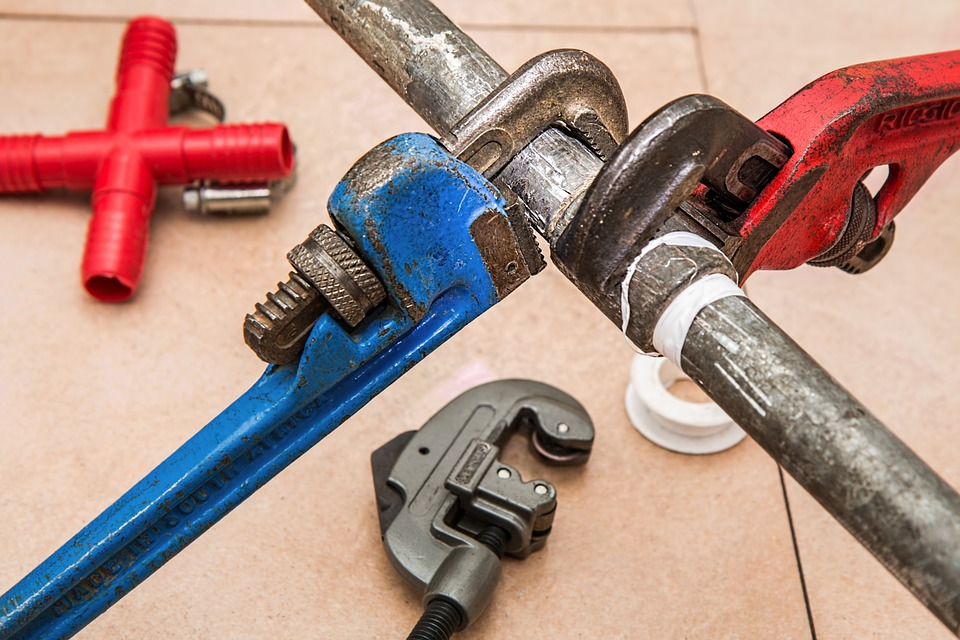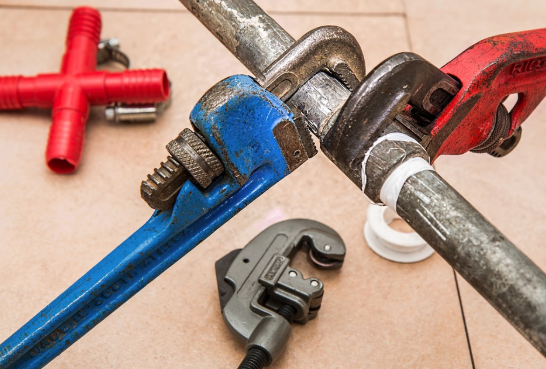Plumbing problems affect more than your kitchen or bathroom. Leaks and other issues such as clogged toilets and sewer system backup can result in more costly repairs on your entire house. Fortunately, you can avoid spending so much money on fixing your plumbing concerns if you maintain them well.
Below are some preventative plumbing tips to help you save on costly repairs in your home:
1. Have a Go-To Plumber
Even if you haven’t encountered any plumbing problems yet, you should already maintain a professional relationship with a reliable plumber when you move in your home. They can help you get to know your system more, such as in identifying what type of pipes you have and knowing the cut-off valve’s location since it acts as the main switch for your water supply.
If you’re in the Falls Church, VA, area, the team from Doherty Plumbing Falls Church can lend you a hand in assessing your system. They can also check for vulnerabilities so you’ll be prepared with the right tools when disaster hits.
2. Inspect Your Plumbing System Regularly
Whether you supervised the construction of your home from the ground up or bought it from its previous owner, you should evaluate the condition of your plumbing system every month or so. It’s tempting to think that you can spot problems right away when they happen because you use your bathroom or kitchen all the time.
However, minor issues can’t be seen at first glance. That’s why you need to dedicate a regular schedule to examine your plumbing system and its parts.
Here’s a guide on the different plumbing installments that you should check regularly:
Faucets – This component of the sink, tub, and shower should be inspected for leaks. Check washers or cartridges for wear and tear, and replace them if you spot damages.
Drains – Drains can be easily clogged if they’re not cleaned frequently. Don’t wait until the blockage problem worsens and you’re forced to enlist the help of professionals when you could have prevented the issue in the first place.
Toilets – The toilet has a lot of parts that cause problems when damaged. Look inside the tank and evaluate the flushing mechanism. The plug should cover the water drainage to prevent using more water than necessary.
Caulk Seals – Caulk may not be a plumbing part in essence, but it contributes to leaking within walls and under the floors when it fails.
Shutoff Valves – This kitchen fixture controls the water supply for your faucets and dishwasher. It should stop the water flow completely when closed.
Appliances – Refrigerators, washing machines, dishwashers, and garbage disposals are connected to your home’s plumbing system. Include them in your inspection to check that they aren’t damaged or using more water than they need.
3. Fix Minor Issues Immediately
Aside from proactively checking your plumbing system regularly, you should be conscientious in fixing minor issues as soon as you have the tools necessary for the repair. Don’t wait until the problem worsens before you take action.
Common plumbing issues include clogged drains, leaky faucets, and low water pressure. Here are quick fixes to these problems:
Clogged Drains – Use a plunger to clear the blockage. You can also pour half a cup of salt down the drain and follow it up with boiling water to soften the materials that are clogging your system.
Leaky Faucets – Leaks are most likely caused by damaged washers. If you have the tools, replace the components with a new one.
Low Water Pressure – To fix this issue, you can clean or replace the shower and tap heads. If the problem persists, it may be time to enlist the help of expert plumbers since the issue may be with your water pump.
4. Invest in Basic Repair Tools
You should have a basic repair toolbox at home. It should include things that allow you to make quick fixes around the house. The basic plumbing tools you should have include wrenches such as the basin, adjustable, and pipe types. You should also invest in tongue-and-groove pliers, hacksaw, metal files, thread seal tape, and toilet plungers.
Conclusion
Proper maintenance of your plumbing system and its parts can help you save money on costly repairs. Get to know the plumbers in your area, so you know who to call when you find yourself facing a catastrophic leaky faucet or clogged drains.
Check your system regularly to ensure that all the parts are in working order, and there are no damages. Plus, take action immediately if you spot issues to stop them from becoming worse.

